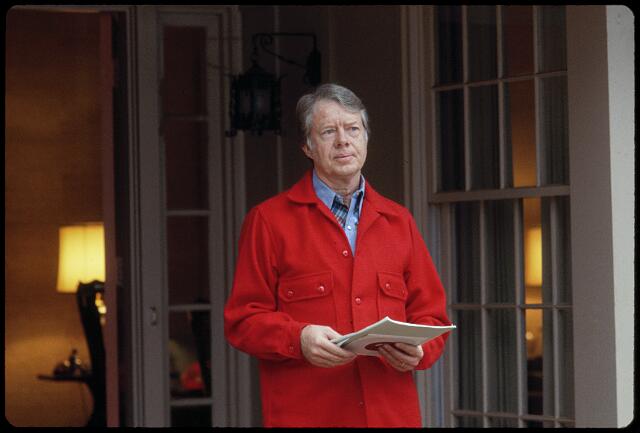
The relevance of faith in politics
The issue of faith in politics has been a topic of debate for centuries. In many democracies, religion and politics have long been intertwined, with much of the public believing that faith should be a factor in the decisions made by their political leaders. Throughout history, it has been seen that when a faith-based approach is taken to the politics of a country it often reflects the personal values, beliefs, and morals of the person leading them.
For example, faith-driven politics can lead to greater moral integrity and seek to make decisions based on what is best for the common good of the nation. At the same time, it is important to distinguish between the principles of a particular religion and how they are interpreted and applied in the domain of politics. Trusting in a faith-based approach to politics should not mean sacrificing the civil and human rights of a nation’s citizens. Any true Christian, Jewish, or Muslim leader should seek to foster justice, love, and mercy in their government rather than seek to divide and generate hatred among their people.
How Jimmy Carter’s beliefs guided his politics
Jimmy Carter was famously a devout Christian who sought to bring the principles of his faith into his actions as president. Carter joined the Baptist Church at the age of 17 and remained a faithful member throughout his political career. His belief in the New Testament and its teachings was reflected in many of the decisions he made in office. Carter was a firm believer in the separation of Church and State. As president, he sought to uphold the rights of every citizen regardless of their faith, racial identity, or sexuality. His strong stance on equal rights made him a popular figure among progressives and he was well known for his taking a moderate approach to social issues.
Carter also sought to bring his faith into his foreign policy. He strongly condemned apartheid in South Africa and voted against US support for former Nicaraguan dictator Anastasio Somoza. Somoza was a fierce opponent of the Church and had sought to oppress and silence Catholic bishops in his country. Carter believed in the advancement of human rights in foreign nations and sought to form diplomatic ties that would benefit the citizens of other countries. The Impact of President Carter’s faith Retired President Carter’s faith impacted his life and politics in many ways. Internationally, President Carter achieved a lasting peace between Israel and Egypt and helped to foster the human rights of his foreign counterparts.
Domestically, President Carter moved to end discrimination, championed the separation of church and state, and sought to help the less fortunate. He was also known for his willingness to speak candidly about his faith and express his beliefs in a presidential setting. President Carter’s faith also impacted his personal life. Following the results of the 1980 Presidential Election, Jimmy and Rosalynn Carter decided to dedicate their lives to helping the people of poverty-stricken areas throughout the world, founding the Carter Center in 1982. This non-profit organization focuses on social and economic justice, global health, and individual freedom, and is based on the Bible’s teachings of faith, hope, and love.
Additionally, President Carter often speaks about his faith in interviews, books, and lectures. As recently as 2018, he described the Bible as being “the centerpiece of my life and the ultimate guide for my actions.”
Religion and politics in the modern era
Religion and politics continue to be intertwined in many countries today. Many political leaders, from Presidents to Prime Ministers, have noted the importance of faith in their decisions and have sought to bring their beliefs into their daily lives. Global peace and justice movements often cite religious texts and values as a source of motivation while many great social changes have been driven by religious leaders.
In the United States, a great number of the public cite religious beliefs as a factor in their voting decisions. However, it is important to note that faith should not be used as a tool to discriminate against one’s fellow citizens or to create division and hatred among a nation’s people. In order to further justice and unity, individuals must learn to give love and respect to those who believe differently and accept that in this world there will always be differences of opinion.
Jimmy Carter’s faith was an integral part of his presidency, guiding his domestic and foreign policy decisions. His belief in equal rights, justice, and mercy helped to shape his centrist politics and remains an example to political leaders to this day. It is clear that faith still plays a role in politics today and will continue to do so in the future.
Leave a Reply